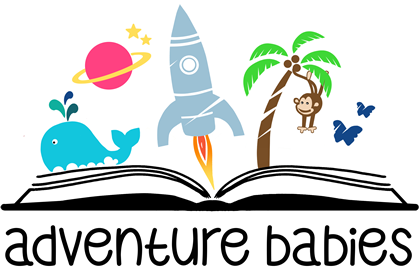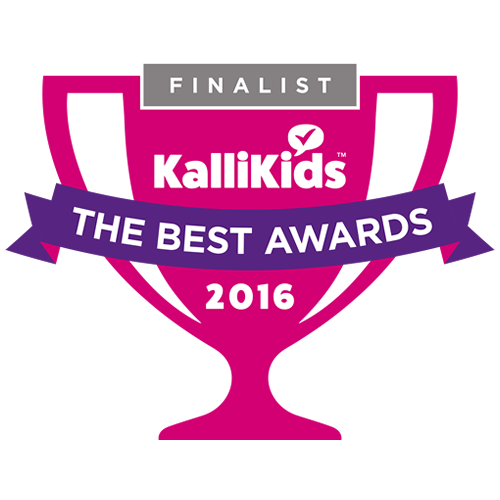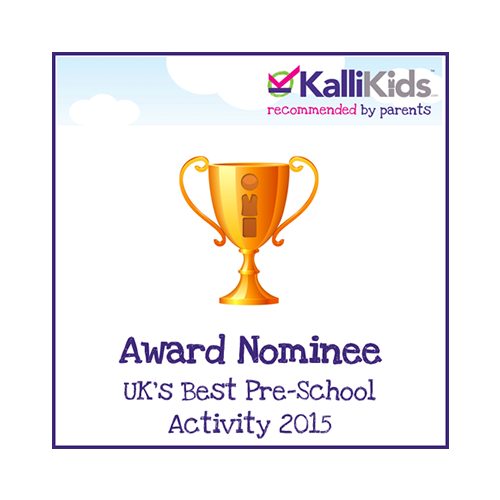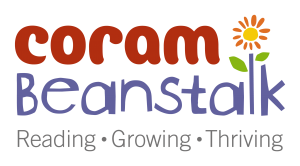If you’ve ever found yourself spiraling down a rabbit hole of parenting advice, developmental charts, and milestone checklists at 2 a.m., you’re not alone. Every parent wants to give their child the best start in life, but with so much information out there, it’s easy to wonder: What is the most important age for child development? The answer? The early years—specifically, from birth to around five years old—are absolutely foundational. But let’s break it down and see why.
The First 1,000 Days: Brain-Building Bonanza
From the moment your baby enters the world, their brain is like a sponge, absorbing information at an astonishing rate. In fact, the first three years of life lay down the foundation for future learning, social skills, and emotional regulation. During this time, a baby’s brain forms over a million neural connections per second—yes, per second! This rapid development is fueled by experiences, interactions, and, most importantly, love and secure attachments.
Language Development: Babies start learning the rhythms and sounds of language from the womb. By their first birthday, they can recognize the words you use most frequently. Talking, singing, and reading to them daily supercharges this process.
Emotional Security: Responsive parenting helps shape a baby’s ability to manage stress and emotions later in life. Cuddles, eye contact, and consistent comfort when they cry are all laying the groundwork for emotional resilience.
Sensory Experiences: Engaging all the senses (hello, messy play and Adventure Babies classes!) helps develop fine and gross motor skills, curiosity, and problem-solving abilities.
Toddlerhood: The Wild Ride of Independence & Social Learning
Between ages 2-5, children begin to refine their motor skills, deepen their emotional understanding, and expand their language abilities dramatically. This is the stage where they start testing boundaries (hello, tantrums!), forming friendships, and asking why? at least a hundred times a day.
Executive Function Skills: This is when kids start developing skills like impulse control, problem-solving, and patience. Games like ‘Simon Says’ or storytelling with interactive elements boost these abilities.
Social & Emotional Growth: Learning to share, take turns, and express feelings in words rather than meltdowns (easier said than done, right?) are critical skills for future relationships and success in school.
Foundation for Literacy: Exposure to books, songs, and conversation builds the pre-literacy skills needed for reading later on. The more you talk and read to your toddler, the better their language skills will be.
The Magic of Ages 5-7: Ready for Big Leaps
Once children hit school age, their brains continue to refine and expand. The early literacy and social-emotional skills they developed in the preschool years come into play in a big way.
Cognitive Growth: Their ability to think logically, reason, and problem-solve takes off. They start to grasp more abstract concepts and build on their early learning foundations.
Independence & Responsibility: This is when kids start taking on more responsibility for their own learning and emotions. Encouraging curiosity and a love of learning at this stage pays dividends for years to come.
Emotional Regulation: By now, they have a better grasp on handling big feelings (with some gentle reminders). Positive reinforcement and consistency go a long way in shaping confidence and resilience.
So, What’s the Most Important Age for Child Development?
While every stage of childhood is important, research consistently shows that the most important age for child development is from birth to five years old. The brain’s plasticity (its ability to change and adapt) is at its peak, and early experiences shape future learning, behavior, and emotional well-being. But don’t stress—there’s no one perfect way to parent. Loving interactions, engaging activities, and a safe, secure environment are what truly make the difference.
How Can You Support Your Child’s Development?
Talk, talk, talk! Narrate your day, have conversations, and respond to their babbling and questions.
Read together daily. Books introduce language, ideas, and emotions in a powerful way.
Provide rich sensory experiences. Play with textures, sounds, and movement (which is exactly what sensory storytelling classes do!).
Encourage play and curiosity. Whether it’s building, pretending, or exploring, play is how kids learn best.
Offer love, consistency, and security. A child who feels safe and supported is free to explore and grow.
So, whether you’re snuggling your newborn, chasing your toddler, or answering a million ‘why’ questions, know that you’re making a huge impact. The most important age for child development happens in everyday moments—so keep reading, playing, and laughing together!








